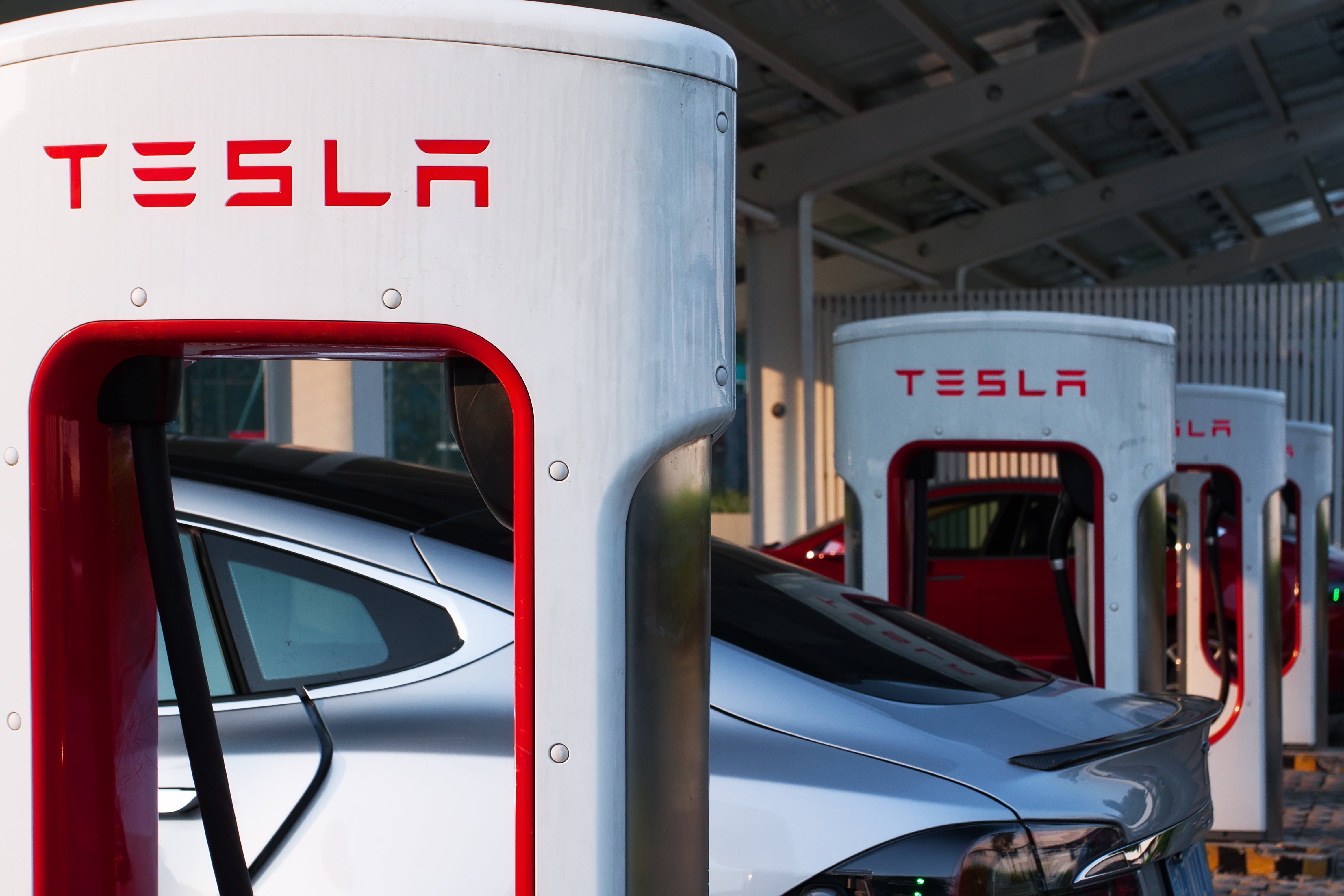Panasonic to invest millions in Tesla battery that’s five-times stronger and coming in 2023
Tesla has said that it will start manufacturing its own batteries from April 2022

Panasonic will be investing 80 billion yen ($705 million) to produce new batteries for Tesla in the next year.
A report from Nikkei Asia suggests that the new lithium-ion batteries are being made primarily for the electric car company, and previous reports have suggested that they will increase the range of the cars up to five times more – as well as making them cheaper.
In a statement, Panasonic told Reuters that it was "studying various options for mass production, including a test production line we are establishing this business year. We don’t, however, have anything to announce at this time."
The company recently announced the 4680 format, an eight centimetres tall and approximately five centremetres wide battery that would boost production “100-fold” by the end of the decade.
The batteries will be made at a plant in Wakayama, with output of under 10 gigawatt hours per year – the same as 150,000 vehicles.
Tesla chief executive Elon Musk tweeted in 2020 that Tesla intends to “increase, not reduce battery cell purchases from Panasonic, LG [and] CATL”, but that “even with our cell suppliers going at maximum speed, we still foresee significant shortages in 2022 [and] beyond unless we also take action ourselves.”
He added: “The extreme difficulty of scaling production of new technology is not well understood. It’s 1,000% to 10,000% harder than making a few prototypes. The machine that makes the machine is vastly harder than the machine itself.”
Mr Musk has also said that Tesla would build its own batteries, and expects in-house production to start this year. In the company’s April 2021 earning call, Mr Musk said that the company was between a year and 18 months from production, which would see it start in October at the latest.
Subscribe to Independent Premium to bookmark this article
Want to bookmark your favourite articles and stories to read or reference later? Start your Independent Premium subscription today.

Join our commenting forum
Join thought-provoking conversations, follow other Independent readers and see their replies